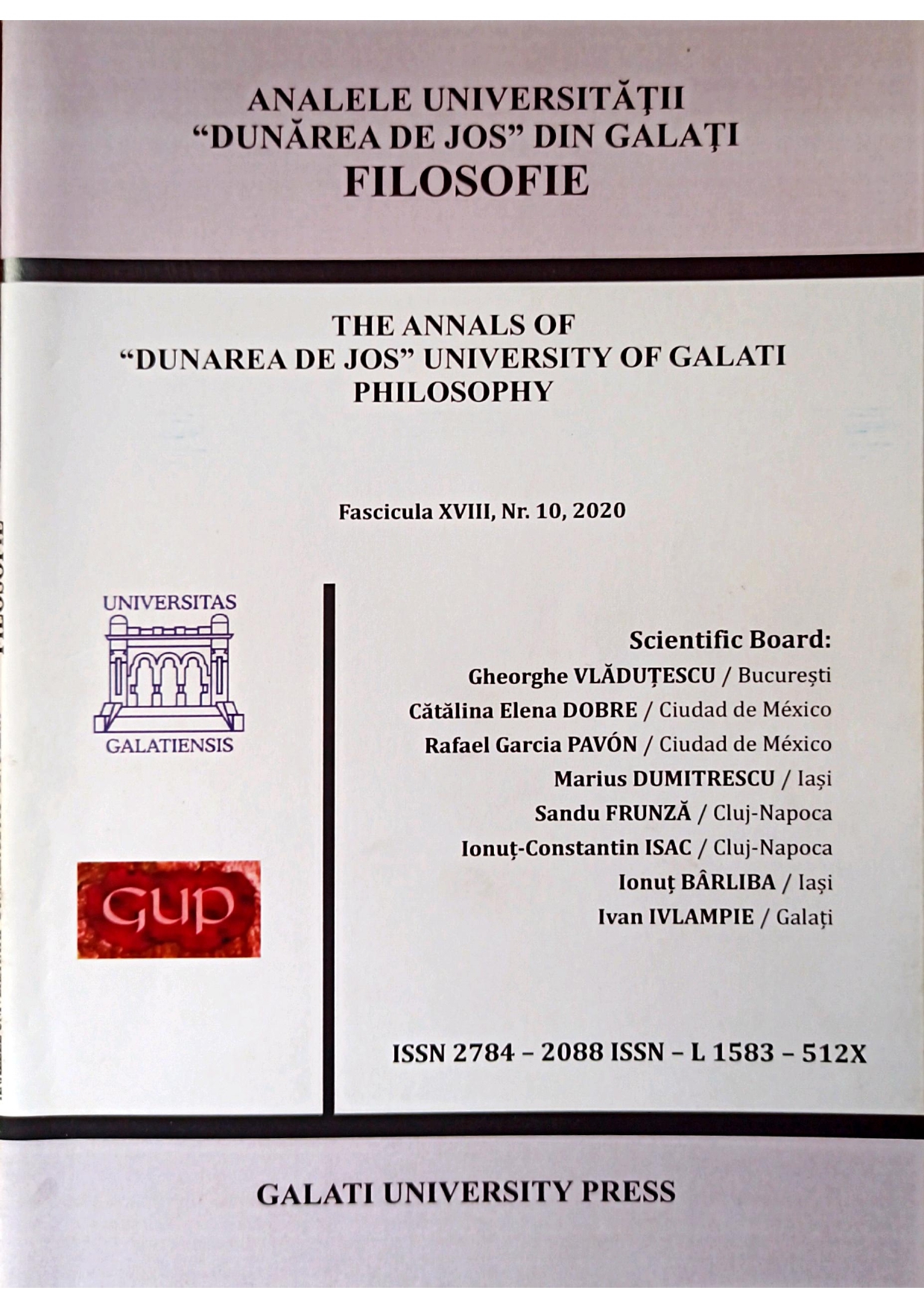Prefigurări ale concepţiei creştine asupra sufletului în filosofia lui Platon
Foreshadowing of the Christian Conception of the Soul in Plato’s Philosophy
Author(s): Diana-Carmen BălanSubject(s): Christian Theology and Religion, Philosophy, Metaphysics, Ancient Philosphy, Philosophy of Religion
Published by: Editura Universității „Dunărea de Jos”, Galați
Keywords: Plato; Christian conception; soul; rationality; immortality of the soul; tripartition of the soul;
Summary/Abstract: The present work compares two conceptions of the soul: Plato’s conception and the Christian conception. Even if temporally distant and of a different nature, for one is founded on profane wisdom and the other on divine revelation, they have many common elements and mutual influences. Both value the soul and stress on the importance of virtue, both consider the soul to be immortal, both agree on the three parts of the soul: the rational part, the passionate part and the appetizing part (in the Platonic vision), the thinking part, the inviting part and the feeling part (in Christian concepts). Nevertheless, they differ in some aspects, such as Plato’s conceptions on the nature of virtue, on the body as a prison for the soul, on reincarnation and on the existence of souls not only in humans but also in gods and even animals. All these conceptions are not shared by Christianity. Moreover, Plato’s conception lacks a clearly stated transcendent foundation, which is a major element of Christianity. At the same time, the value of Plato’s philosophy of the soul is undeniable, even from a Christian point of view. Somehow, Plato’s philosophy represents, in many aspects, a foreshadowing of Christian theology.
Journal: Analele Universității „Dunărea de Jos” din Galați, Fascicula XVIII: Filosofie
- Issue Year: 2020
- Issue No: 10
- Page Range: 81-96
- Page Count: 16
- Language: Romanian

